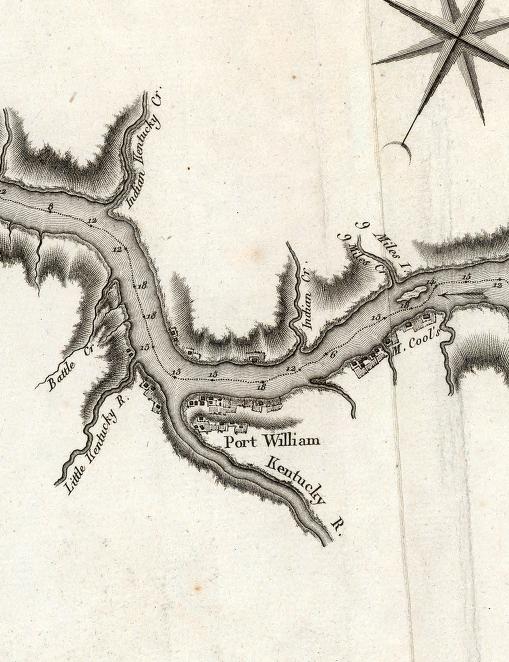Did three leading Indiana politicians sell their votes in the 1850s?
On the surface, the charge, made in the Council Bluffs (Iowa) Bugle of April 14, 1858, looked ridiculous. The newspaper claimed that Senator Jesse D. Bright, a Madisonian, and Congressmen William H. English and James B. Foley, all Democrats, had accepted land as payoffs for the votes for admitting Kansas as a state under the Lecompton Constitution, which permitted slavery.
The House of Representatives appointed a committee to investigate the charges on April 27, 1858, but the motion was immediately tabled and there is no record of further discussion.
The Bugle article, which was read into the Journal of the House of Representatives, alleged that that the Commissioner of the General Land Office ordered 2,480 acres to be entered in Bright’s name, 2,280 in English’s and 1,440 acres in Foley's.
The men's defenders noted that the charge made no sense since Bright voted for the Lecompton bill and Foley and English against it. The Lecompton Constitution had the support of President James Buchanan and the question of whether to recognize Kansas as a slave or free state was a major issue leading to the success of the Republican Party. And it’s hard to see why Bright, a slave owner who supported the Fugitive Slave Act, needed an incentive.
Foley represented a district including Decatur County from 1857 through 1859. English, a Scott County resident, represented Indiana’s second district from 1853 through 1861. However, English actually authored a compromise and was considered a Buchanan man.
But the three men did secure thousands of acres in Iowa in patents dated May 1, 1860 and entered at the Council Bluffs land office. So did Buchanan, who as president signed the patents, attempt to sway Bright, Foley and English regarding some issue?
Because Bright did in fact patent 2,480 acres at the Council Bluffs land office and English had 15 patents dated May 1, each 120 acres for a total of 2,240—the 2,280 mentioned in the congressional record was likely a transcription or typographical error. And Foley’s nine May 1 patents of 160 acres each add up to 1,440 acres.
All of these patents came via land warrants that were originally awarded to soldiers who had served in the War of 1812 or the Mexican War, and had been signed over to the politicians. Other politicians had followed this practice. For example, Senator William Hendricks, another Madisonian, patented 1,480 acres that had been awarded to soldiers.
Since amounts of land patented by the three men match those reported in the Iowa newspaper, something was up. But what? Did Bright get land for trying to persuade English, who had worked in Bright's law firm, and Foley? Certainly, Madison Courier Editor Michael Garber, Bright’s nemesis, considered the senator to be corrupt and accused him of padding his Senate expenses. And while Garber was shrill, he was often perceptive. But Garber apparently did not know about this issue.
The question remains of just how these men obtained the land.


No comments:
Post a Comment